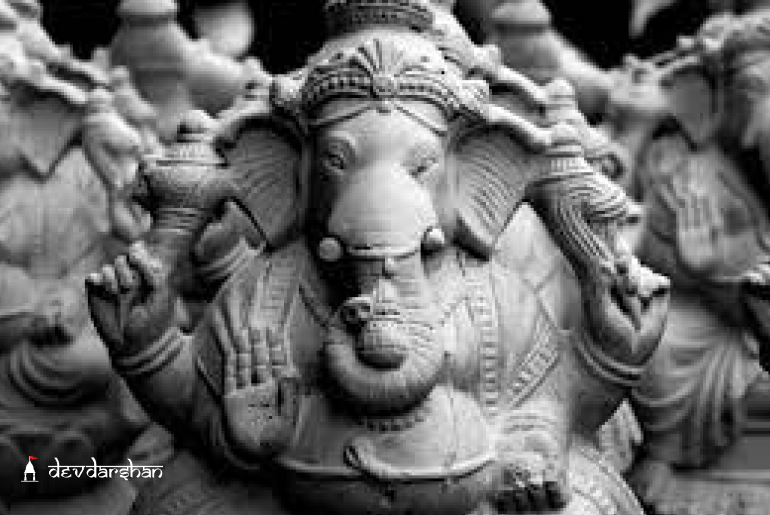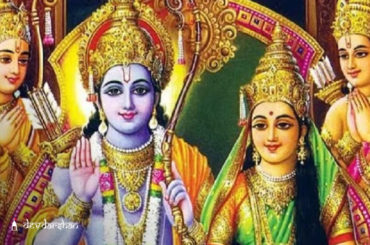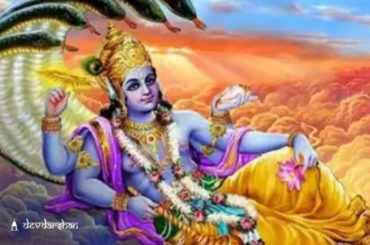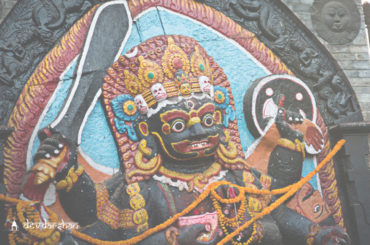Ganesh Chaturthi, also known as Vinayaka Chaturthi, is a vibrant and widely celebrated Hindu festival that honours Lord Ganesha, the elephant-headed god of wisdom, prosperity, and new beginnings. This festival, which typically falls in the Hindu calendar month of Bhadrapada (August or September in the Gregorian calendar), has a rich history and deep cultural significance. Let’s explore the origins and cultural importance of Ganesh Chaturthi.
Historical Origins
The history of Ganesh Chaturthi can be traced back to ancient India, with roots in the Puranas, a genre of ancient Hindu texts. However, the festival as it is celebrated today gained prominence during the reign of Chhatrapati Shivaji Maharaj, the founder of the Maratha Empire in the 17th century.
One popular legend surrounding the creation of Lord Ganesha describes how Goddess Parvati, the divine consort of Lord Shiva, created Ganesha from clay and brought him to life to guard her while she bathed. When Lord Shiva returned and found Ganesha blocking his way, a fierce battle ensued, resulting in the beheading of Ganesha. Upon realizing their mistake and the grief of Parvati, Lord Shiva replaced Ganesha’s head with that of an elephant, granting him new life and making him the deity of wisdom and remover of obstacles.
Also Read: Importance of Chaturthi Vrat and How to Observe
Significance of Ganesh Chaturthi
Lord of Beginnings
Ganesh Chaturthi is celebrated at the start of many ventures, such as the commencement of new businesses, the construction of houses, and the initiation of educational endeavours. Lord Ganesha is believed to remove obstacles and bring success to these new beginnings.
Symbol of Wisdom
Ganesha is revered as the god of intellect and wisdom. Devotees seek his blessings to attain knowledge, wisdom, and creative inspiration.
Chant Five Powerful Mantras of Shri Ganesh to Attract Wealth and Success
Unity in Diversity
Ganesh Chaturthi transcends religious and regional boundaries. People of different faiths and backgrounds come together to celebrate this festival, fostering a sense of unity and communal harmony.
Cultural Extravaganza
The festival is marked by grand processions, traditional music, and dance performances. Elaborate decorations, colourful clothing, and artistic Ganesha idols add to the festive charm.
Eco-Friendly Initiatives
In recent years, there has been a growing emphasis on celebrating Ganesh Chaturthi in an eco-friendly manner. Many communities opt for clay idols and natural materials to reduce environmental impact.
Social and Community Bonding
Ganesh Chaturthi is a time when families and communities come together for prayers, cultural activities, and feasting. It promotes a sense of togetherness and social bonding.
Ganesh Visarjan – Immersion Ritual
The immersion of Ganesha idols into water bodies, such as rivers or the sea, on the last day of the festival is a significant ritual. It symbolizes the cyclical nature of life and the impermanence of all things.
Also Read: Know Ganesh Visarjan Rituals
In conclusion, Ganesh Chaturthi is a festival deeply rooted in Hindu mythology and tradition. It holds immense cultural and spiritual significance, symbolizing the triumph of wisdom over ignorance and the power of unity. The festival’s timeless message of hope, renewal, and the removal of obstacles continues to resonate with people across India and around the world, making Ganesh Chaturthi a cherished and culturally rich celebration.




